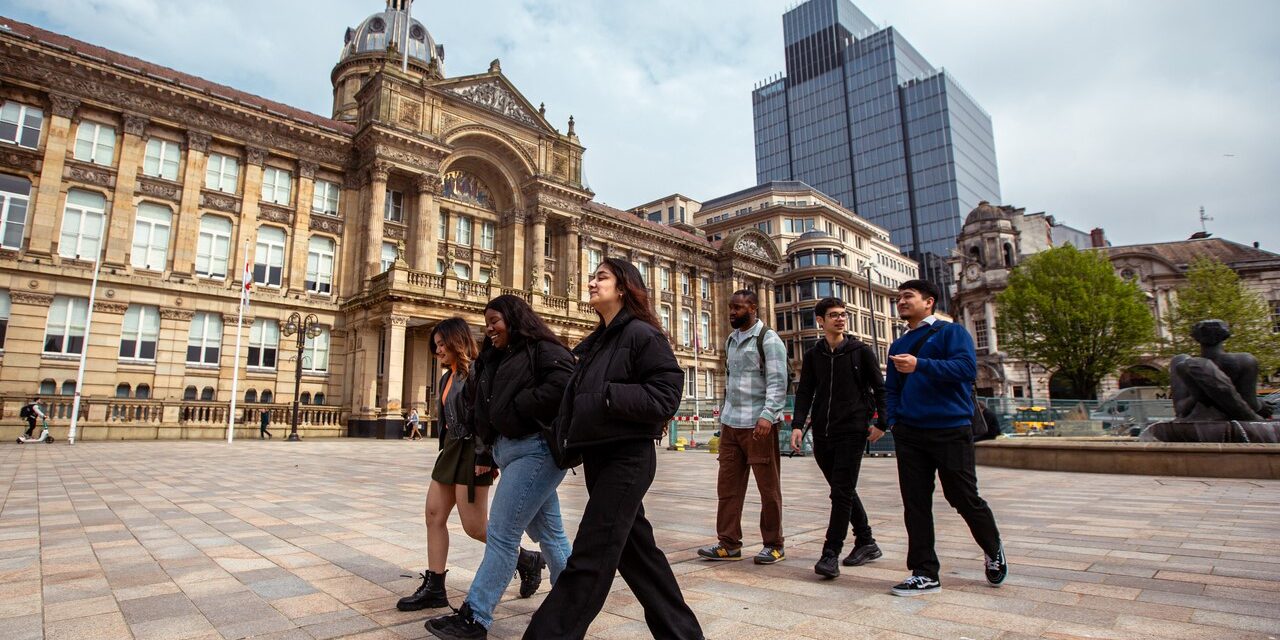Yesterday, thousands of women historically employed by Europe’s largest local authority breathed a sigh of relief following years of fighting to receive settlement payouts. The £760m framework agreement, negotiated between Birmingham City Council and unions UNISON and GMB, is expected to help almost 6,000 women from across the city who have historically been underpaid compared to those in male-dominated positions.
Despite the unimaginable cost, an Associate Professor Andrew Hambler at Birmingham City University (BCU), believes the agreement is a ‘sensible’ middle ground that ensures fair compensation: “The law concerning equal pay under the Equality Act 2010 requires that men and women are paid the same in two scenarios.
“Firstly, and most simply, pay must be equal when two people do the same or almost the same job. Secondly, organisations must also account for ‘work of equal value’ or ‘work rated as equivalent’. In this category, although jobs may have a very different in nature, they are ‘worth’ the same to the organisation and therefore should be paid the same.
“With Birmingham City Council, there was a historic divide between jobs which are dominated by female employees (such as cooks, cleaners and care staff) which were considered to be ‘worth’ the same as jobs dominated by male employees (such as refuse collectors) – but the ‘male-dominated’ jobs were paid more, largely because of historic bonuses which the ‘female-dominated’ jobs could not receive.
“Ongoing successful class actions involving hundreds of female employees and ex-employees for equal pay has created an ever-expanding liability for the Council, requiring up to six years of back pay in each case.
“The decision to settle today with the unions is a sensible one and it is likely that the Council has saved a significant sum and further reputational damage as a result.”


















